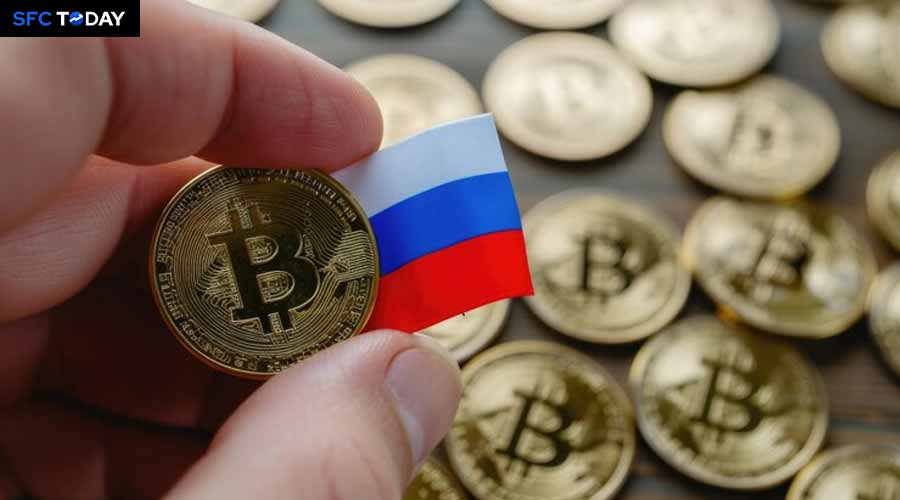Russia adopts crypto for international trade amid sanctions and payment delays
A new bill has recently been accepted by Russian parliamentarians, accepting crypto coins, as money for international trade, as a part of the plan to bypass the economic sanctions, which were distributed after the hostile takeover of Ukraine,
The legislation is scheduled to be enacted in September, and Elvira Nabiullina, a Russian central bank chief, and one of the law’s proposers, has mentioned the initial crypto transactions taking place just before the end of the year as planned.
Russia has faced significant delays in international payments with major trading partners such as China, India and the United Arab Emirates after banks in those countries, under pressure from Western regulators, became more cautious.
“We are taking a historic decision in the financial sphere,” Anatoly Aksakov, the speaker of the lower chamber of parliament, the Duma, informed MPs.
The central bank will set up a new “experimental” infrastructure for Crypto payments in accordance with the new law. The infrastructure’s specifics are still pending announcement.
The law is a component of a package that also contains rules governing the exchange of other digital assets and cryptocurrency mining. The ongoing ban on bitcoin payments is still effective despite the passing of the new law in Russia.
The central bank stated that the Russian import was reduced by 8% in the recent quarter due to the fact that payment delays become a more urgent problem in Russian economy.
Many payments are still made in dollars and euros and travel through the global SWIFT system, despite Russia’s efforts to convert to the currencies of its trading partners and create an alternative payment system within the BRICS group of rising economies.
Banks in nations that trade with Russia run the danger of secondary sanctions as a result, which compels them to strengthen their compliance protocols.
“The risks of secondary sanctions have grown. They make payments for imports difficult, and that concerns a wide range of goods,” Nabiullina emphasized that lengthier supply chains and higher prices had resulted from payment delays.


